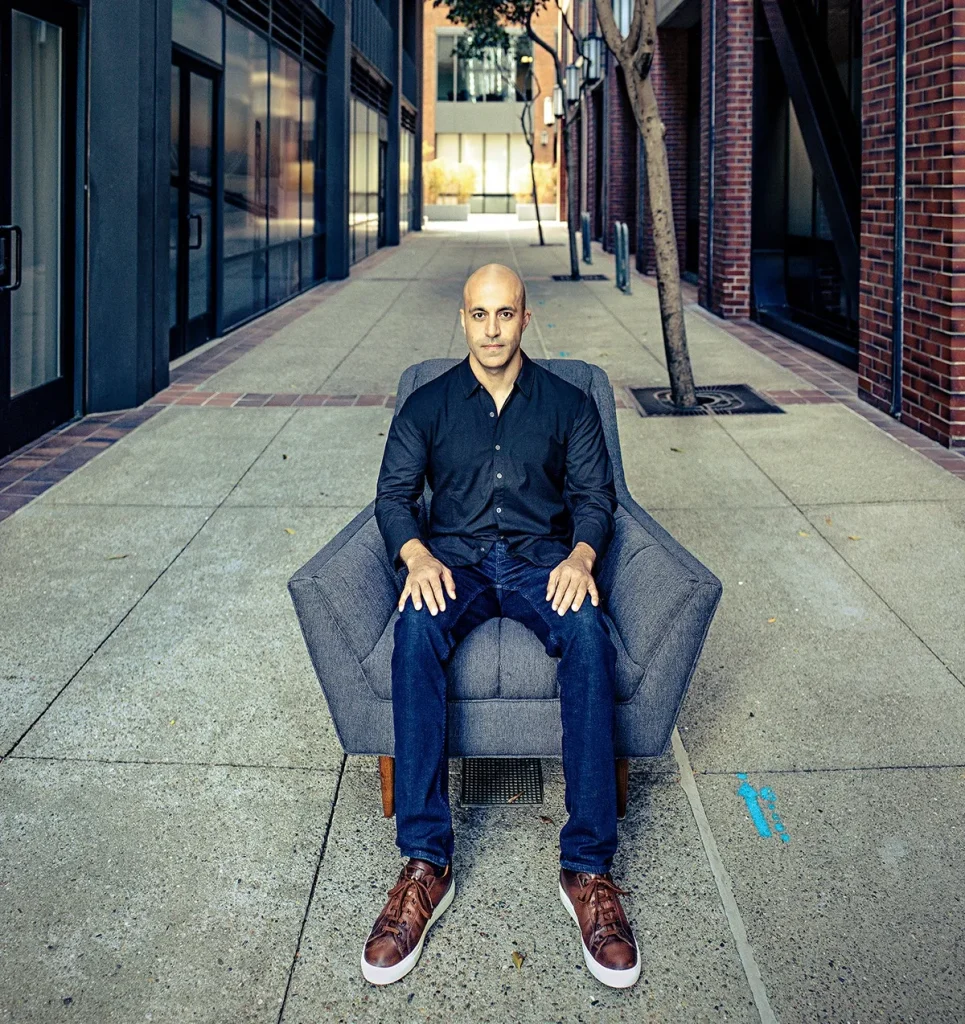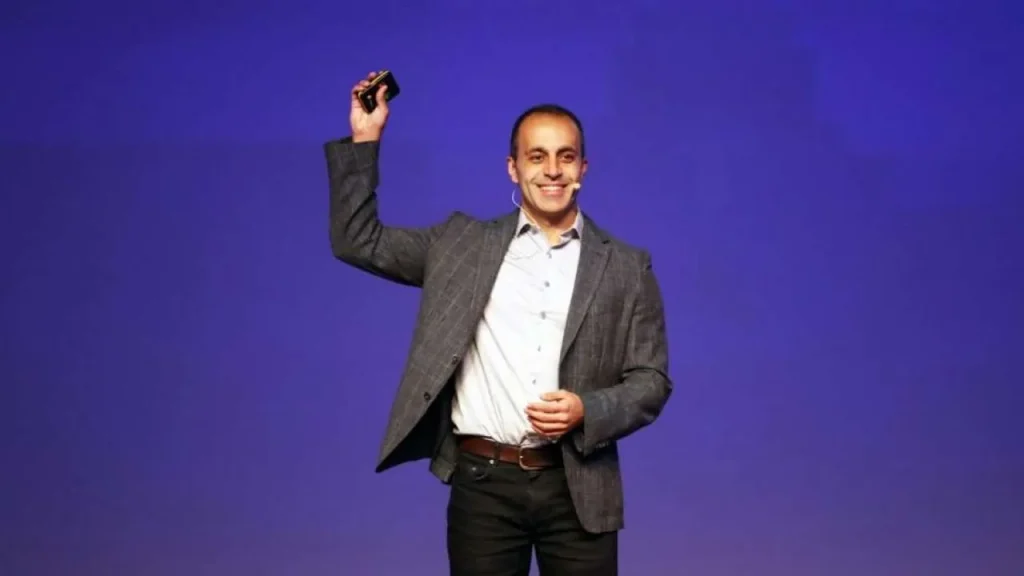Ali Ghodsi, CEO of Databricks, has successfully transformed the company into one of Silicon Valley’s fastest-growing startups through a series of strategic decisions he refers to as ‘strategic surgeries’. These moves have played a critical role in shaping Databricks into a $62 billion company, securing $10 billion in funding from investors like Andreessen Horowitz and Thrive Capital.

Ghodsi, originally from Tehran, fled Iran with his family at a young age and later became a Ph.D. graduate in computer science. He co-founded Databricks in 2013, following the development of the groundbreaking data-analysis tool, Spark, at the University of California, Berkeley. Under his leadership, the company evolved by charging for previously free software, growing sales, and adding key features for paying customers.

Ghodsi’s leadership extended beyond product development. He restructured the executive team and made efforts to share the company’s goals with employees, which he believed helped improve performance. A pivotal moment for the company came in 2017, when Ghodsi successfully negotiated a deal with Microsoft, allowing Databricks to integrate with Azure, ultimately generating $100 million in sales for the startup.

Despite challenges, Ghodsi’s focus on AI and data management has driven Databricks’ success. In 2022, when the company was facing inefficiency and bloating, Ghodsi implemented another “surgery”, tightening the workforce, controlling hiring, and even using AI-powered bots to improve internal operations. By 2023, the company’s revenue had doubled, and its negative operating margin had halved.

Additionally, Ghodsi pursued strategic acquisitions, including the $1.3 billion purchase of MosaicML, an AI startup, and a $2 billion acquisition of Tabular, a data-management company. Looking ahead, Ghodsi is considering taking Databricks public by 2025, though he opted for another private funding round to further fuel growth and buy out employee shares.
